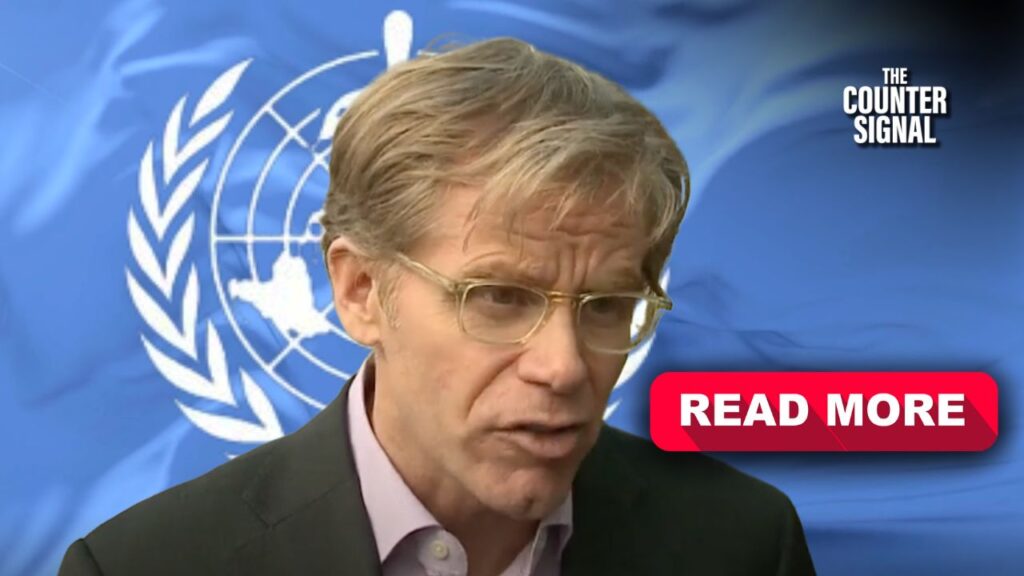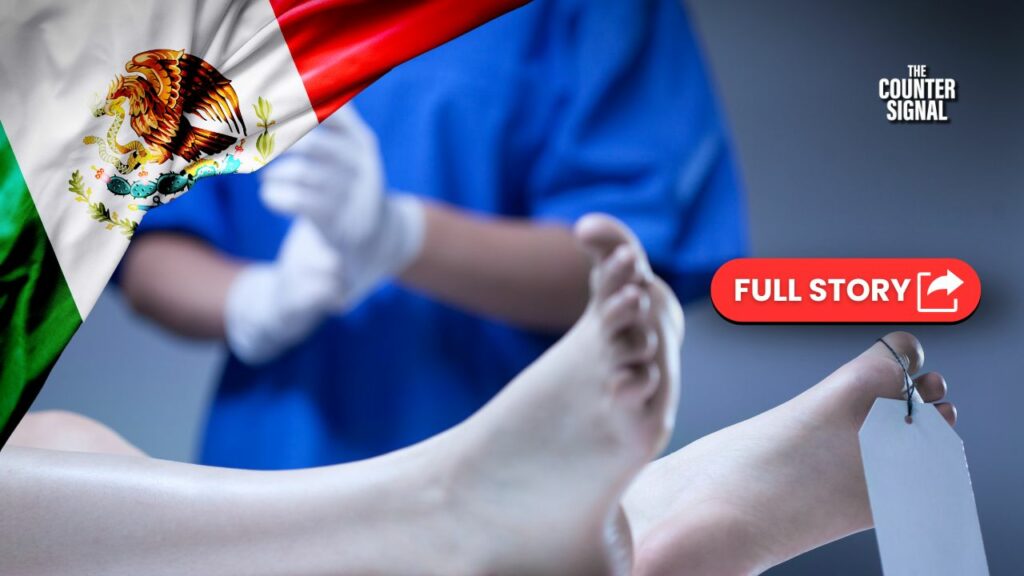The World Health Organization (WHO) is debating whether they should give the monkeypox virus a new “non-discriminatory and non-stigmatizing” name.

WHO officials are “in advanced discussion” to alter the name of the virus, which has appeared in several places throughout Canada.
On June 10, 29 scientists from 11 different countries signed their proposal to change the name of the virus in a paper titled Urgent Need for a Non-discriminatory and Non-stigmatizing Nomenclature for Monkeypox Virus.
“In the context of the current global outbreak, continued reference to, and nomenclature of this virus being African is not only inaccurate but is also discriminatory and stigmatizing,” the scientists with too much time on their hands claim.
“We therefore believe that a nomenclature that is neutral, non-discriminatory and non-stigmatizing [sic] will be more appropriate for the global health community.”
They then propose the placeholder “hMPXV” as a potential name for the virus.
“We believe that this new classification will be easily adopted and is supported by the Africa Centre for Diseases Control and Prevention (Africa CDC), and we are in advanced discussion with the World Health Organization (WHO),” the authors wrote.
Scientists hope that a new name would “minimize unnecessary negative impacts on nations, geographic regions, economies and people and that considers the evolution and spread of the virus.”
In May, the WHO held an emergency meeting to discuss the spontaneous monkeypox outbreak.
“Intensive public health measures should continue in the United Kingdom,” writes the WHO.
“In addition to the ongoing forward and backward contact tracing and source tracing, case searching, and local rash-illness surveillance should be strengthened in the MSM and wider community, as well as in primary and secondary health care settings. Any patient with suspected monkeypox should be investigated and isolated with supportive care during the presumed and known infectious periods, that is, during the prodromal and rash stages of the illness, respectively.”
Last week the WHO also issued guidance on isolation and surveillance of monkeypox. The organization also stated that it would soon advise countries on vaccinating against the virus.












